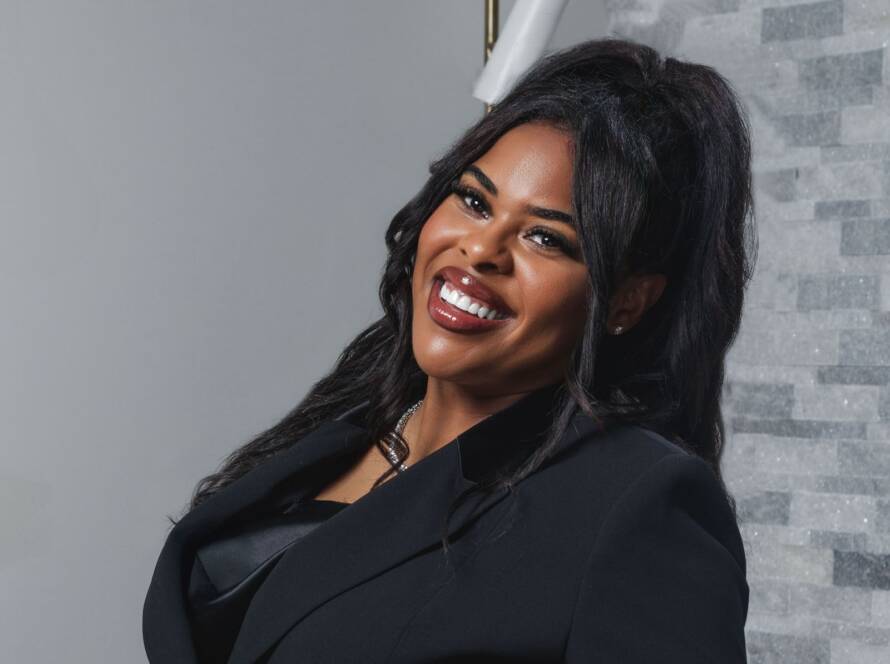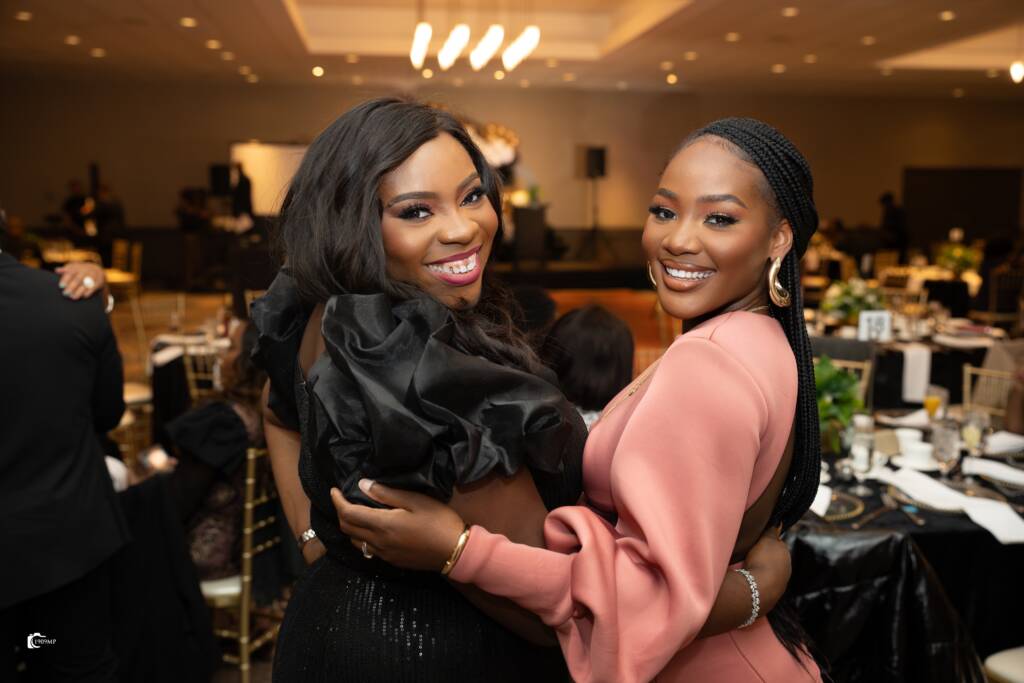In a country as diverse and vibrant as Canada, the voices of Black women echo with a powerful cadence—a symphony of strength, resilience, and unwavering resolve. Standing at the forefront of the urgent dialogue around gender-based violence (GBV), Black women face a distinct set of challenges and barriers that call for a collective reckoning, advocacy, and empowerment. This year’s theme, “UNITE! Invest to prevent violence against women and girls,” highlights Black women who stand at the forefront, advocating for safer, more supportive communities. Despite the obstacles they face—systemic racism, gender bias, and higher rates of violence—they rise to transform pain into purpose, working to create a safer future for all.
To understand their resilience, we must recognize the unique intersection of race and gender that shapes their experience. Black women in Canada confront a layered reality of violence and discrimination: domestic abuse, workplace harassment, and sexual assault are compounded by the effects of institutionalized racism, which often leaves their voices marginalized. But they persist, not merely as victims but as advocates and leaders, driving a movement that challenges these injustices head-on.
Grassroots Movements Transforming Pain into Purpose
Across Canada, grassroots movements led by Black women are making significant strides. When African Women Talk, a prominent organization, exemplifies this mission by creating spaces for dialogue, healing, and advocacy. Through storytelling and community engagement, Black women connect, heal, and mobilize, challenging societal norms and reclaiming their narratives. These platforms offer solidarity, helping women recognize their power while fostering a supportive environment that strengthens the entire community.
Building Resilient Communities Through Collective Responsibility
Preventing GBV requires a united approach—one that includes everyone: women, men, and non-binary individuals. Building resilient communities is about breaking down isolation and building support networks rooted in empathy, accountability, and respect. Community programs, workshops, and cultural initiatives can be transformative. Picture a workshop where poetry, music, and art become mediums for women to express their stories and find strength in shared experiences. These initiatives not only educate but also empower, shaping new perspectives on gender relations and healthy relationships.
Mental Health and Holistic Healing
The trauma of violence leaves deep scars that require more than just time to heal; it demands a culturally sensitive, supportive approach. Black women need mental health resources tailored to their unique experiences. Culturally responsive therapists who understand the intersectional struggles Black women face can offer safe spaces for healing. Imagine healing circles led by Black women, where shared vulnerability fosters resilience. In these spaces, women find comfort, lifting one another as they journey towards wholeness. This collective healing breaks the silence and disrupts cycles of trauma that often perpetuate violence.
Advocating for Policy Change
Empowerment without systemic reform can only go so far. Black women are increasingly using their voices to push for policy changes that ensure their safety, dignity, and inclusion. Legislative efforts are essential to create lasting protections, whether that’s through increased funding for shelters designed with Black women in mind, or training law enforcement to handle cases with cultural competence. When Black women lead advocacy, they don’t just seek change; they inspire a powerful legacy of resilience and hope for future generations.
Raising and Amplifying Voices
Celebrating and amplifying the voices of Black women—writers, artists, activists—is essential. Through literature, social media, and community platforms, their stories find new life and broader reach, shaping public awareness and sparking meaningful dialogue. Recognizing their contributions sends a powerful message that their experiences matter. As allies and community members, we can all play a role by sharing their stories, listening to their perspectives, and actively supporting their work.
Education and Intersectional Approaches
Preventing violence is an ongoing, community-wide effort. Workshops, seminars, and awareness campaigns educate people about GBV, consent, and respect. Such initiatives can help dismantle harmful stereotypes and nurture empathy. An intersectional approach—one that considers the layers of race, gender, and identity—is vital to making Black women feel seen, understood, and supported.
The Power of Representation and Allyship
Representation matters. When Black women are elevated to decision-making roles in government, organizations, and community initiatives, they ensure their lived experiences shape policies and programs. Their leadership provides a guiding light, illustrating paths to empathy, justice, and inclusivity. But beyond representation, allyship from men and non-Black individuals is essential. Allies must be willing to learn, listen, and use their privilege to advocate for change, challenging the systemic barriers that lead to gender-based violence and discrimination.
Moving Forward: A Shared Responsibility
The journey to eradicate GBV and empower Black women is a collective endeavour. Every community member has a role to play in fostering environments where Black women feel safe, valued, and empowered. The tenets of unity, empowerment, and resilience are the foundation for lasting change—a legacy we all have the privilege to build upon.
Let us rise together to dismantle the barriers, amplify the voices of Black women, and create a future where violence is no longer tolerated. As we nurture a community grounded in understanding and cooperation, we reinforce the belief that a world free from violence is not only an ideal but an achievable goal. Through shared commitment, we light the path toward a brighter tomorrow where every woman, regardless of race, can thrive without fear.
The Time for Change is Now
The power to create change lies within each of us. By standing together in this movement, we affirm that the journey to safety and empowerment isn’t solely the responsibility of Black women—it’s a shared cause that enriches us all.
Together, let us weave a tapestry of solidarity, strength, and hope, ensuring that Black women’s legacy endures, guiding us toward a future where every woman can live without fear. Every voice matters, and every action counts. The time to unite and invest in empowerment is now.




